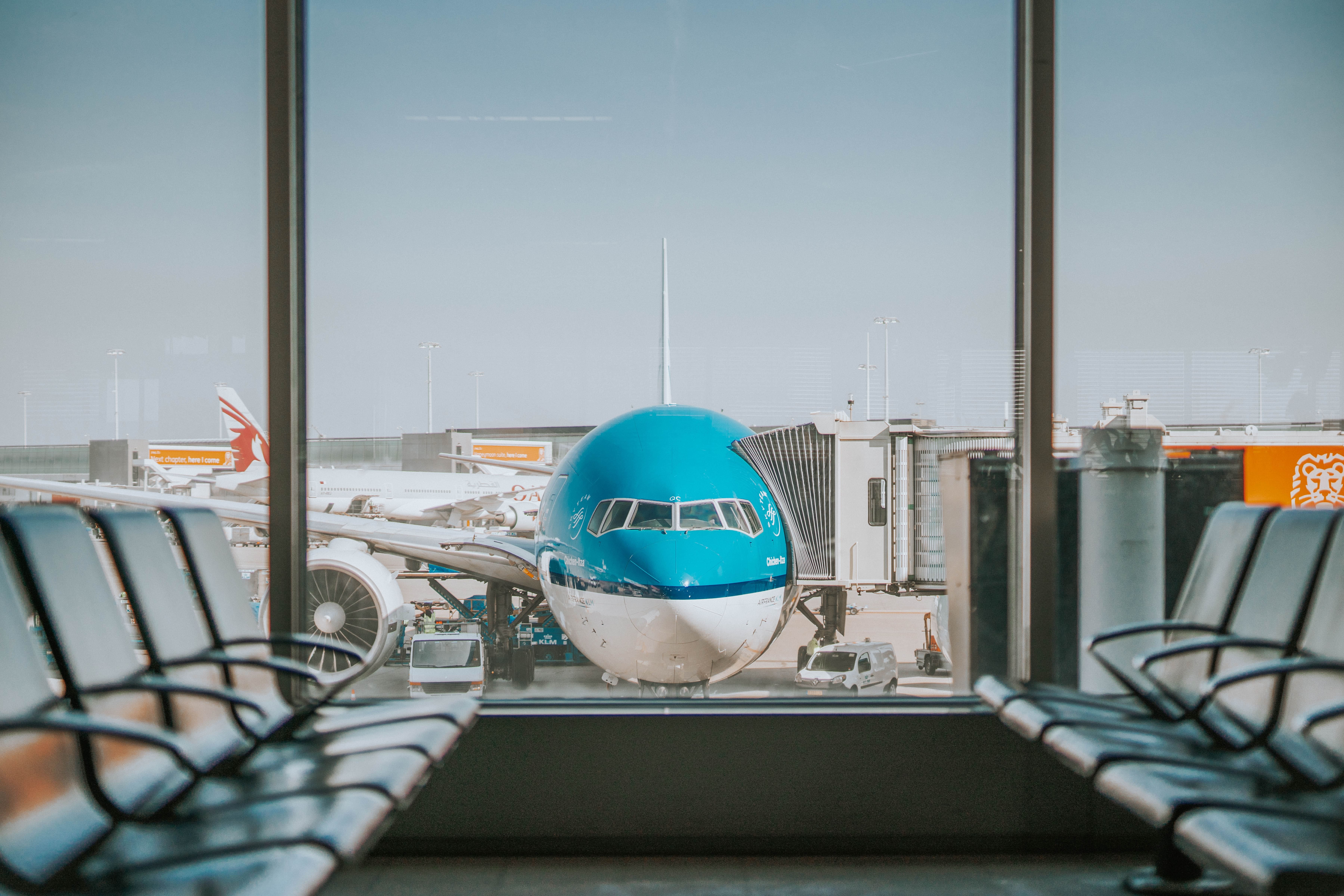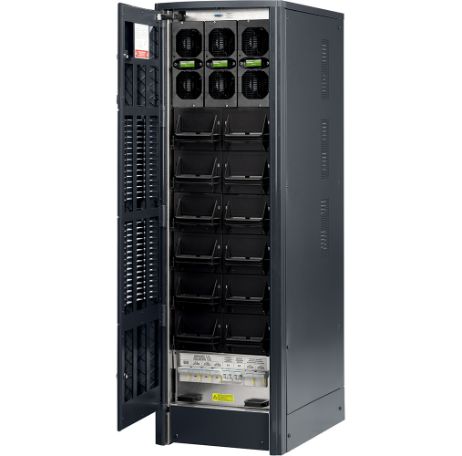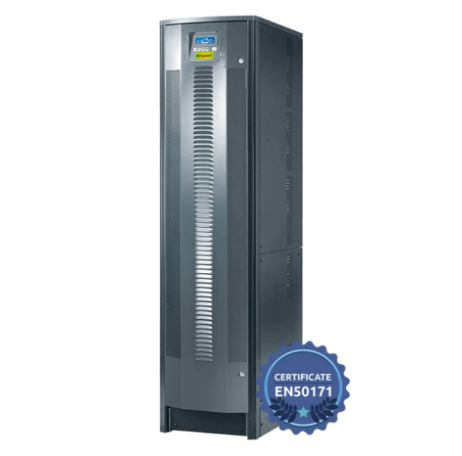UPS Systems for Airports: Preventing Flight Delays Caused by Power Outages

Airports are complex hubs that require reliable power to ensure smooth operations and safety. Uninterruptible Power Supply (UPS) systems are critical in maintaining power continuity across various airport functions. From flight operations to security and passenger services, UPS systems safeguard against power disruptions that can lead to significant operational challenges such as flight delays and safety risks.
UPS systems provide immediate backup power during outages, ensuring critical systems remain operational until primary power is restored. This continuity is vital for maintaining operational efficiency, security, and safety in all airport areas.
Key Applications of UPS Systems in Airports
- Air Traffic Control (ATC)
Air traffic control systems are the nerve centre of any airport. They manage aircraft movements on the ground and in the air, ensuring safety and efficiency. UPS systems are essential for ATC operations, providing reliable power to communication, radar, and navigation systems. This ensures that controllers can manage flights without interruption, even during power outages.
- Airport Security Systems
Security is paramount in airports. UPS systems power various security infrastructures, including surveillance cameras, access control systems, baggage scanners, and emergency communication systems. A reliable UPS system ensures these critical security measures remain operational during power disruptions, safeguarding passengers, and airport staff.
- Passenger Services
From check-in counters and passport control to baggage handling and information displays, passenger services rely heavily on continuous power. UPS systems ensure that these services run smoothly without interruption, enhancing the passenger experience, and maintaining the airport’s efficiency. This is particularly important during peak travel times when even a minor disruption can lead to significant delays and inconvenience.
- Lighting and Navigation Aids
Runway and taxiway lighting, along with navigation aids, are crucial for safe aircraft movements, especially during low visibility conditions. UPS systems provide backup power to these lighting systems, ensuring continuous operation and preventing accidents or delays caused by power outages.
- Data Centres and IT Infrastructure
Airports rely on sophisticated IT infrastructure to manage everything from ticketing and scheduling to communication and logistics. UPS systems protect data centres and IT equipment from power fluctuations and outages, ensuring data integrity and continuous operations. This protection is critical for maintaining the operational flow and preventing data loss or corruption

"Not only has Power Control been instrumental in the initial scoping of our requirements but the team’s professionalism throughout the installation has been exceptional. They had extremely strict parameters to work within, which required expert coordination between site engineers and team project managers to ensure a seamless transfer, with limited disruption to the airport and passengers."
A Bestwick - Airfield Engineer, East Midlands Airport
Choosing the Right UPS System for Airports
Selecting the appropriate UPS system for an airport involves considering factors such as power capacity, scalability, redundancy, and reliability. It is essential to work with experienced UPS providers who understand the unique requirements of airport operations and can tailor solutions to meet specific needs.
UPS systems are indispensable in airports, providing essential power backup to ensure safety, security, and operational efficiency. By investing in robust UPS solutions, airports can safeguard against power disruptions, protecting both infrastructure and the passenger experience.
For more information on how our UPS systems can support your airport's operations, contact us today. Our experts are ready to help you find the best solution tailored to your specific needs.
Case Studies
Power Control has installed critical power solutions across a range of transportation hubs.

East Midlands Airport
KNOW MOREMULTI YEAR DISCOUNTS AVAILABLE ACROSS ALL MAINTENANCE
SUITABLE UPS SYSTEMS
Our Accreditations










